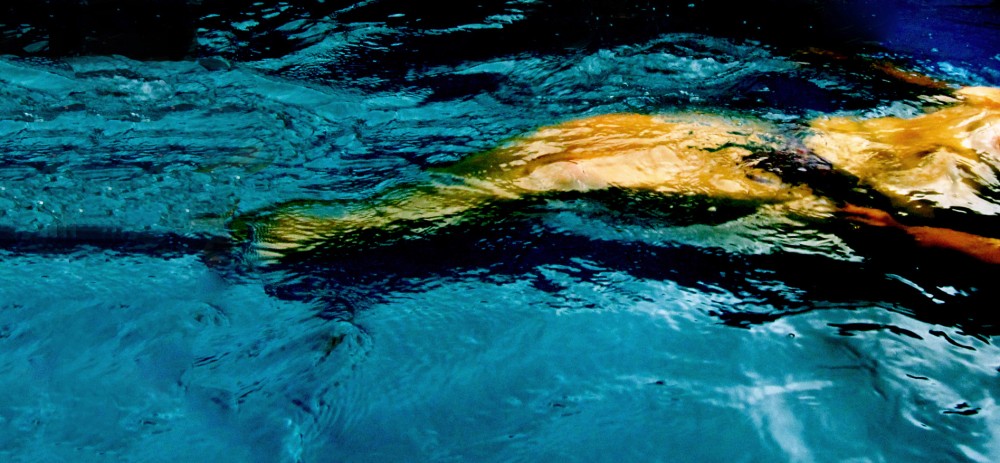Not many people nowadays will know of the poet William Barnes, one of my ancestors (three generations ahead of my maternal grandfather), unless perhaps you belong to the William Barnes Society; or maybe you frequent English country dances and quite by chance, hear folksingers singing the words of Barnes’ poems put to music (as happened to me once). Born in 1801, he was a contemporary of Thomas Hardy and could well have become famous as one of England’s greatest poets had he not had a thing about writing in the Dorset dialect. Fluent in many languages, including classical Greek and Latin, my philologist forebear wrote mainly in simple English (without Greek or Latin roots) in order to keep alive the purity of the English language, especially the Dorset dialect… thus ensuring, sadly, that his works have fallen into obscurity.
There has been some discrepancy as to the number of languages that William Barnes studied: I once read in an article that William Barnes was well versed, if not fluent, in seventy-eight languages (although I can no longer find the source); whereas my mother believed the number to be even greater – such is the power of ‘word of mouth’ handed down through one hundred and forty years. I can’t name half that amount. A cursory check on several websites was inconclusive as to the exact figure.
Last night my husband Chris likened me to my famous long-gone relative (no, nothing to do with my nose). You may remember that I’ve become a bit of a vexillologist (a flag collector) of late, since I became intrigued by the little flags that come up on my website stats to indicate the many different countries from whence my visitors hail. At the time I was adding the flags of Greece and Hong Kong to my growing collection…
“Darling, would you believe I now have fifty flags?” I asked gleefully.
“Goodness,” said Chris feigning interest, “soon you’ll have nearly as many flags as William Barnes had languages!”
Click on the youtube link below to watch and listen to William Barnes reading one of his poems of rural life.
William Barnes ‘The Humstrum” Poem animation Dorset dialect
by poetryreincarnations • 3,080 views
Heres a virtual movie of William Barnes (1801 – 1886) Reading one of his rural Dialect poems from his home county of Doset southwest England. The poem was written around 1863
Biography of William Barnes
William Barnes was born at Blackmoor Vale in Dorset, the son of a farmer. He took a Bachelor of Divinity degree on a part-time basis at St. John’s College, Cambridge, and became a clergyman in 1848. The poems he wrote about his birthplace on themes such as love, natural landscape and regional life brought him a lot of public acclaim. But he also had many other interests, especially languages. Apart from the classical languages, he also learned Welsh, Hindustani, Persian, Hebrew and a handful of European languages. His great interest in different kinds of knowledge made him write on different subjects such as mathematics, astronomy and geography. His real talent, however, lay in exploiting his poetic gift in the writing of folklore, thus setting the stage for people like Thomas Hardy.


Aha! The Dorchester Leonardo da Vinci, clearly. His genius appears to live on!
Oh yes! He does look like Leonardo. For a moment there I had a mental vision of Leonardo De Caprio! I’m not quite as clever as my forebear…